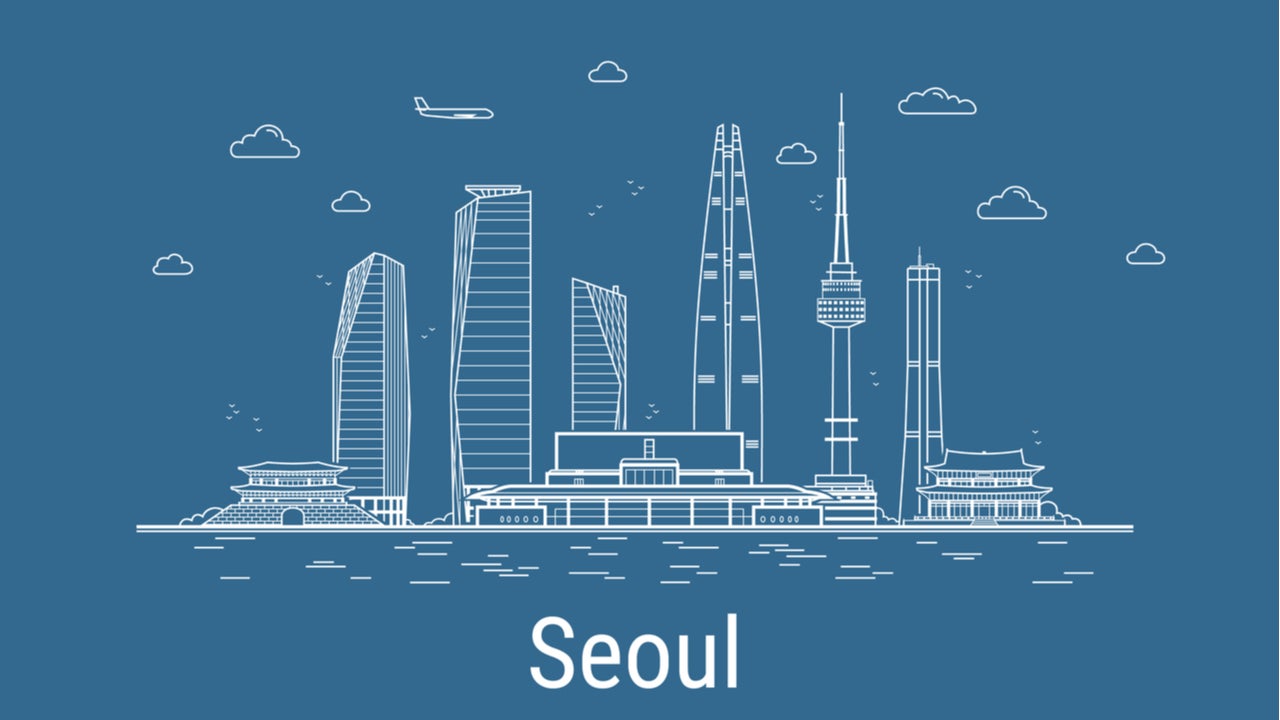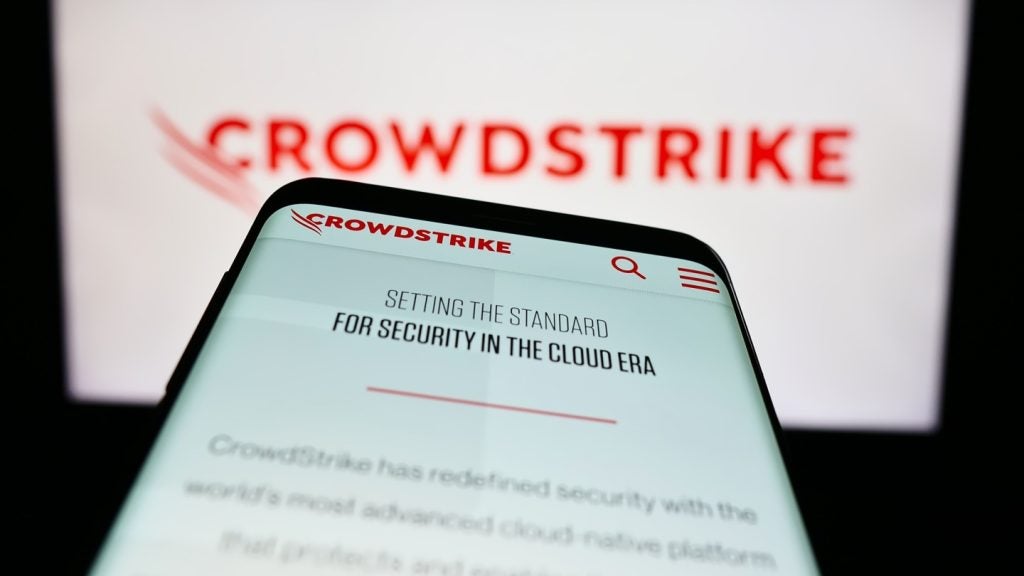In November 2021, the Seoul Metropolitan Government announced plans to develop a metaverse platform to conduct public services such as tourism, education, cultural experiences, and civilian services. This is the first time the metaverse has been announced as a smart city initiative.
Weeks after Facebook’s rebrand to Meta, skepticism about the practicality and appeal of the metaverse is becoming audible amid the general hype. An analysis of South Korean demographics, technological developments, and entertainment trends suggests that Seoul’s metaverse capitalizes on a growing need, technological capacity, and consumer taste for a more digitalized life in South Korea.
The need for digitalization
According to GlobalData’s 2021 macroeconomic outlook report on South Korea, 81.6% of the South Korean population will live in cities by 2025. Seoul’s growing population is approaching ten million, almost a fifth of the 52 million people in the country. Accordingly, more South Koreans will rely on the public services provided by Seoul and other cities, and the pandemic has proven that these services must be resilient to public health crises.
During the pandemic, digitalization proved to be a reliable route to resilience in the form of remote working, education, and civilian services. For example, Sunderland was named smart city of the year by Digital Leaders 100 in recognition of the expansion of its broadband connectivity to improve the pandemic resilience of its communities.
Accessing public services from the comfort of one’s home will be especially important to one of the fastest-aging populations in the world; 20% of the South Korean population will be 65 or over by 2025.
Seoul technological capacity
For metaverse platforms to be accessible, connectivity and appropriate hardware are required. In terms of connectivity, South Korea is more ‘metaverse ready’ than many countries. The Internet World Stats ranked South Korea among the top ten countries in Asia in terms of the number of internet users in the country. According to GlobalData, South Korea’s internet penetration was recorded at 96.3% in June 2021, and the total percentage of households in Seoul with access to internet services was 99.2% in 2020. As well as this, Seoul plans to roll out free data for all its citizens by 2022.
How well do you really know your competitors?
Access the most comprehensive Company Profiles on the market, powered by GlobalData. Save hours of research. Gain competitive edge.

Thank you!
Your download email will arrive shortly
Not ready to buy yet? Download a free sample
We are confident about the unique quality of our Company Profiles. However, we want you to make the most beneficial decision for your business, so we offer a free sample that you can download by submitting the below form
By GlobalDataFurthermore, the metaverse is a new addition to South Korea’s R&D portfolio. In May 2021, South Korea’s Ministry for Science and ICT launched the ‘metaverse alliance’, a collaborative partnership with South Korean big tech leaders such as SK Telecom and Hyundai Motor to develop metaverse platforms.
Changing consumer attitudes
Developments in South Korean entertainment are familiarizing consumers with online virtual platforms. In response to the pandemic, various K-pop artists including BTS, Twice, and NCT moved their concerts online and enjoyed commercial success. In fact, one of BTS’s 2020 concerts broke records to become the biggest ever paid online musical event, with 756,000 people tuning in (raising nearly $20 million). On November 15, Hong Kong blockchain-based gaming company Animoca partnered with South Korean entertainment company Cube Entertainment to develop the K-pop metaverse.
Many young South Koreans are comfortable with virtual entertainment thanks to the country’s strong gaming industry, which itself is starting to explore the possibilities offered by the metaverse. In April 2021, Netmarble, a South Korean gaming company, launched subsidiary Metaverse Entertainment to create a virtual entertainment platform for concerts, films, TV shows, and gaming.
Potential obstacles for Seoul
The information available suggests that the Seoul metaverse should be taken seriously. It addresses the need for resilient public service provision in a technological format that is increasingly familiar to (and popular with) South Korean consumers, all while being supported by South Korea’s world-leading R&D.
The potential obstacles to its success are unpopular, clunky hardware such as headsets and a growing aged population that is becoming increasingly digitally excluded. Seoul is already taking steps to address the latter obstacle by offering digital education programs to over 55s. Time will tell if other obstacles spoil the party.









Related Company Profiles
Hyundai Motor Co
SK Telecom Co Ltd